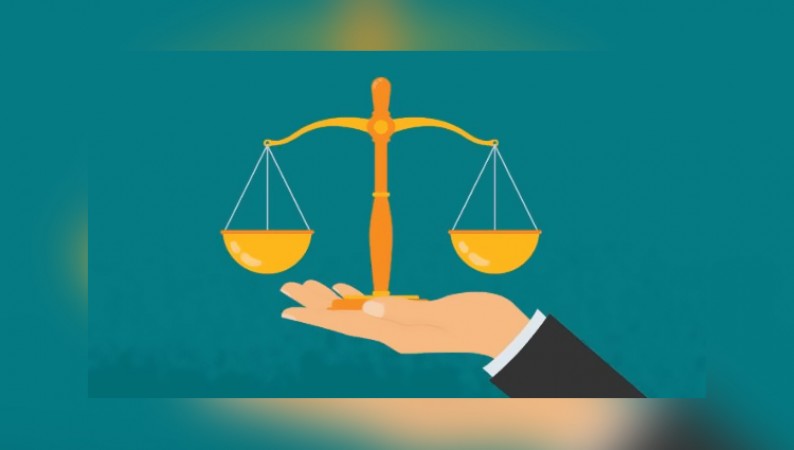
Article By Jacob Peenikaparambil: On 7th September, Chhattisgarh Chief Minister Bhupesh Baghel's father Nand Kumar Baghel was arrested for his alleged derogatory comments against the Brahmin community, and he was sent to judicial custody for 15 days. It may be the first instance in the history of independent India that a Chief Minister got his father arrested for breaking the law.
It was reported in the media that the 'Sarv Brahmin Samaj' complained that Chhattisgarh CM's father had described during an event in UP the Brahmins as ‘foreigners’ and appealed to people not to allow them to enter their villages. Accordingly, an FIR was lodged at Deen Dayal police station in Raipur against Nand Kumar Baghel under IPC Sections 153-A and 505-A.
The response of the chief minister Bhupesh Baghel to the arrest of his father is a lesson for all who are in authority in a democratic country. “As a son I respect my father but as the chief minister the law is supreme. The remarks made by my father Nand Kumar Baghel against a specific class have come to my attention. The comments have hurt the sentiments of the class as well as social harmony and I am also pained by it”, a release quoted as Bhuphesh Baghel saying.
Nand Kumar Baghel is 86 year old and he is a highly diabetic patient. Even then the chief minister did not spare his father. For him, every person is equal before law. “As a CM, I cannot forgive him for such statements which disturb public order'', said the chief minister.
Media and the political analysts have interpreted the incident from the perspective of the current Indian political scenario, especially the impending election to UP assembly and the dissidence faced by Bhupesh Baghel from his own party MLAs. Irrespective of the political compulsions of the CM, his action is to be appreciated by all those who believe in the ‘Rule of Law’.
‘Rule of Law’ is one of the core principles of democracy. The Oxford English Dictionary defines the Rule of Law as “the authority of and influence of law in society, especially when viewed as a constraint on individual and institutional behaviour; hence the principle that all members of society, including those in government, are considered equally subject to publicly disclosed legal codes and processes”. In simple terms rule of law means that all are equal before law, including those who make the laws and who are in charge of implementing the laws. Equal access to all citizens to legal remedies is also part of the rule of law.
In the context of India, the rule of law is very much related to the criminal justice system that consists of legislative actions, law enforcement, adjudication, (prosecution and courts), and correctional agency. Corruption and political interference can distort the criminal justice system.
Current Indian political scenario is characterized by polarization based on religion and caste. Sometimes political leaders make derogatory statements that can wound the feelings of a particular religious community or an ethnic group and can create disharmony in society. In some instances, if the politician who makes the unsavoury statement belongs to the ruling party, no action is taken by the police. On the other hand, if the person who makes the controversial statement belongs to opposition parties, action is taken immediately. Against this backdrop, the police action against Nand Kumar Bahel, father of Chhattisgarh CM, is in accordance with the rule of law. If this example is followed by the political decision-makers, people’s faith in the political leaders will increase.
Read More Articles Fron the Author: